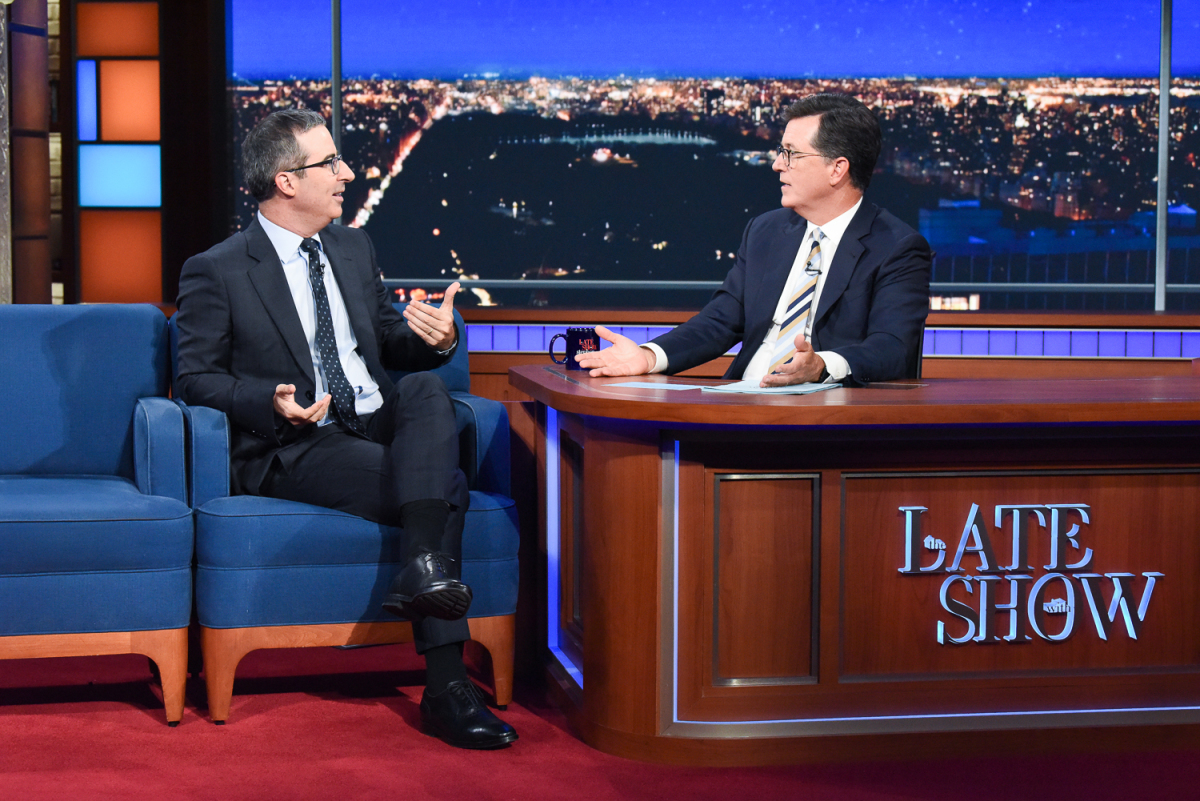CBS Stations Go Dark to AT&T Customers
The smarter way to stay on top of the multichannel video marketplace. Sign up below.
You are now subscribed
Your newsletter sign-up was successful
CBS stations in 14 markets went dark to AT&T Uverse, DirecTV and DirecTV Now customers at 11 p.m. Pacific Time (2 a.m. Eastern) Saturday, after both sides failed to reach a retransmission consent deal.

CBS began warning customers it may go dark on July 16. On Saturday it made good on that promise, with stations in New York, Los Angeles, Chicago, Philadelphia, Dallas, San Francisco, Boston, Atlanta, Tampa, Seattle, Detroit, Minneapolis, Miami, Denver, Sacramento, Pittsburgh and Baltimore going dark to DirecTV, Uverse and DirecTV Now customers. In addition, 117 CBS stations and affiliates were dropped on DirecTV Now, CBS Sports Network was removed from DirecTV and DirecTV Now and the Smithsonian Channel was removed from DirecTV.
“After months of negotiations, CBS is simply looking to receive fair value for its popular programming and is proposing economic terms similar to those that AT&T’s competitors have accepted in hundreds of our recent distribution agreements,” CBS said in a press release. “The DirecTV deal expiring tonight was signed in 2012 and is nowhere close to today’s fair market terms for CBS content – to which AT&T's competitors have repeatedly agreed.”
CBS said it had granted AT&T an extension earlier this month to continue to work out a deal, but its offer of a 30-day extension was rejected.
AT&T said it has been working to hammer out an agreement for months as well. On Friday it said it offered CBS a rate that was higher than any it has ever paid to a broadcaster, but was turned down. The company said that customers could access CBS programming over the air, via web app Locast or through a device called the Local Channel Connector. AT&T had attempted to gain permission to sell CBS All Access, the broadcaster’s streaming service, to customers but was rejected. Customers can still purchase CBS All Access on their own.
“We were willing to continue to negotiate and also offered to pay CBS an unprecedented rate increase,” AT&T said in a press release. “That increase would present CBS the highest fee we currently pay to any major broadcast network group, despite the fact that CBS stations are available free over the air.”
“We had hoped to avoid any unnecessary interruption to any CBS-owned stations or national channels that some of our customers care about,” AT&T continued. “But CBS refused.”
The smarter way to stay on top of the multichannel video marketplace. Sign up below.
Related: AT&T Takes its Side of Carriage Issues to Hill
Now the only question that remains is how long the blackout will last -- the college football and NFL seasons start in September, which could add pressure to the negotiations. And in the back of every distributor’s mind in the month-long blackout between CBS and Time Warner Cable (now Charter Communications) in 2013 that resulted in record video subscriber losses for the operator.
AT&T already is fighting retrans battles with Nexstar Media Group (126 stations) and a group of 17 smaller stations in 14 markets. This blackout pushes the number of stations dark to AT&T video customers to 162.
But this time is different. Locast, the non-profit local broadcast app that provides free access to over-the-air broadcasters in about 13 markets, including seven of the affected CBS broadcast locations. The Locast app has been available on Uverse and DirecTV set-tops since May 30. Then there is Local Channel Connector, a device that puts local broadcasts into the program guides of DirecTV customers with Genie set-tops.
“Make no mistake. We want the CBS owned-and-operated local broadcast stations in our lineup,” AT&T said in its press release. “Yet customers today are demanding more choice and value from their local stations. Instead, it has become clear to us that CBS is intent on blacking out any home that chooses to receive cable or satellite service, antagonizing its most loyal viewers.”
